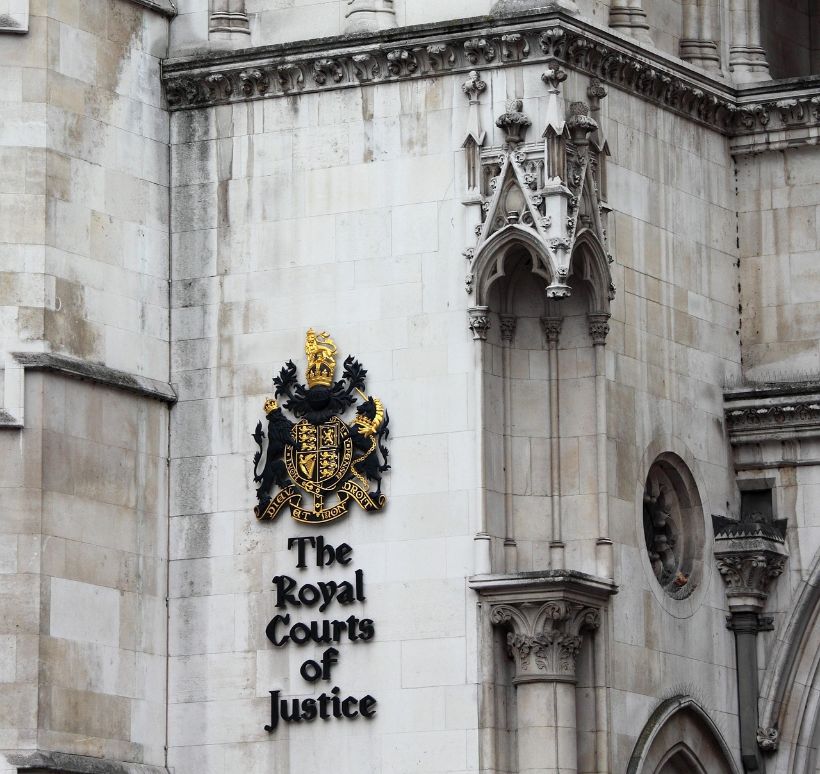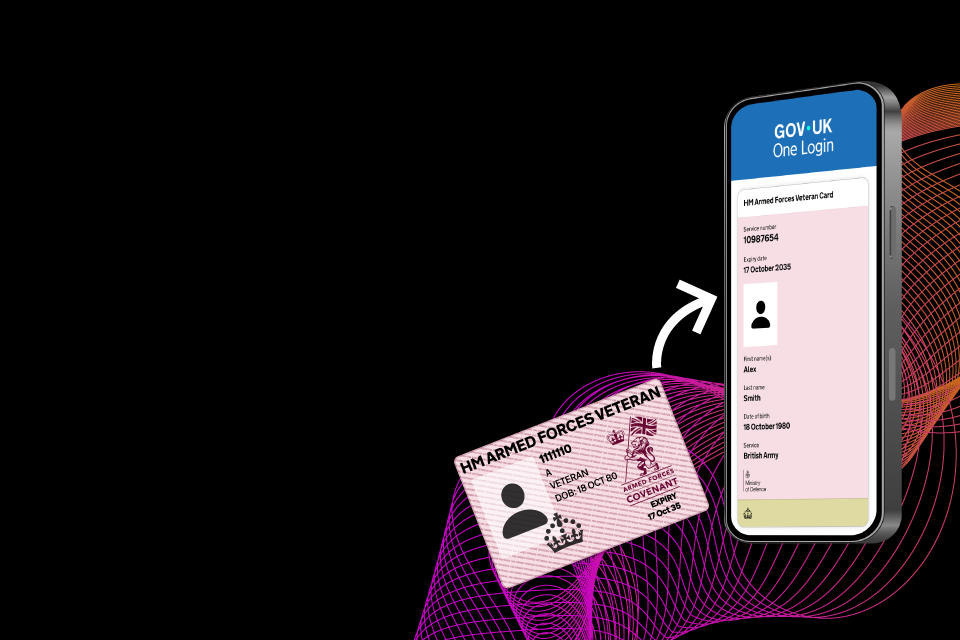Gary O’Reilly, HMCTS’s chief technology officer, says they will only use AI tools when they can be implemented safely and will support human decision-making, and will follow principles designed for the justice system
HM Courts and Tribunal Service will focus on responsible implementation of artificial intelligence as it develops an AI adoption plan, its head of technology has said.
“We will only deploy AI where it demonstrably adds value, where it can be implemented responsibly, and where it supports human judgment in matters of justice,” Gary O’Reilly, HMCTS’s chief technology officer, wrote in a blogpost on GOV.UK.
O’Reilly stated that HMCTS is developing a comprehensive AI adoption plan, which will encompass strategic objectives and a governance framework. Each AI system will undergo “rigorous testing and evaluation” against responsible AI principles explicitly written for the justice system.
They must also benefit those using courts and tribunals, he added: “Every AI system we deploy must demonstrably improve ways of working – whether that’s reducing waiting times, improving accessibility, or helping legal professionals work more effectively.”
HMCTS is already piloting AI for transcribing and summarising material. It ran a 12-week pilot of transcription in the Immigration and Asylum Chamber: “Early findings have been encouraging, and HMCTS is continuing to explore options to expand this pilot subject to funding,” the service said in its AI action plan for justice published in July. Sarah Sackman, minister for court reform, said in May that HMCTS is targeting a similar level of accuracy for AI transcripts as the 99.5% accuracy required by suppliers of manual transcription services to Crown Courts.
The service has also trialled the use of a generative AI knowledge retrieval assistant, which allows court staff to ask questions in natural language regarding material in more than 300 unstructured documents, then receive a summary and a citation for the source document. “Following a successful pilot, we are now exploring ways to scale the solution,” it said in the plan.
More broadly, the plan stated that AI technology could help link people’s records across courts, prisons, and probation services, and predict the likelihood that prison inmates will cause disruption. The Ministry of Justice has already provided all staff with a secure version of Microsoft’s Copilot AI assistant service and plans to extend this to all HMCTS staff by the end of this year.




